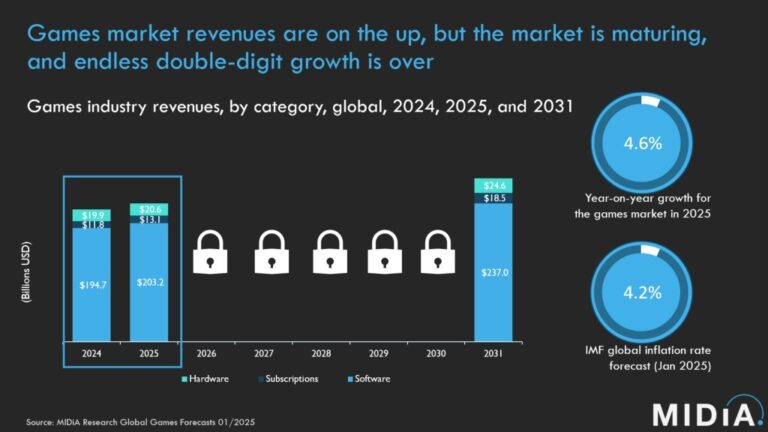Exploring Future Tokenized Markets: BIS and NY Fed Analyze Policy Implications
Project Pine is a groundbreaking initiative exploring how central banks can utilize programmable smart contracts for effective policy implementation. This study aims to envision a future where commercial banks widely adopt tokenization for wholesale payments and securities settlement.
Understanding Project Pine
The project has successfully created a prototype for a tokenized monetary policy toolkit, which lays the groundwork for future research and development by central banks around the world. The Bank for International Settlements (BIS) and the Federal Reserve believe this prototype meets a collective set of central bank implementation requirements, including:
- Paying interest on reserves
- Conducting open market operations
- Managing collateral effectively
Key Findings from the Prototype Testing
The toolkit underwent rigorous testing against ten hypothetical scenarios, using historical data to simulate past market events. These scenarios included:
- Interest rate tightening and easing cycles
- Quantitative easing and tightening cycles
- Periods of strained market liquidity
- Broader market disruptions
According to the BIS, “The prototype successfully responded and instantaneously carried out the intended operation under varying market conditions.” This indicates that the toolkit has potential applications in real-world scenarios.
Future Research and Development Areas
The findings from Project Pine have illuminated critical areas for further exploration, particularly concerning:
- Interoperability between different systems
- Standardization of data formats
For more information on the implications of Project Pine and its potential impact on the financial sector, consider reading further studies published by the BIS.
Conclusion
As central banks continue to explore innovative solutions through projects like Project Pine, the future of monetary policy implementation could become more efficient and effective, paving the way for advancements in the global financial system.







